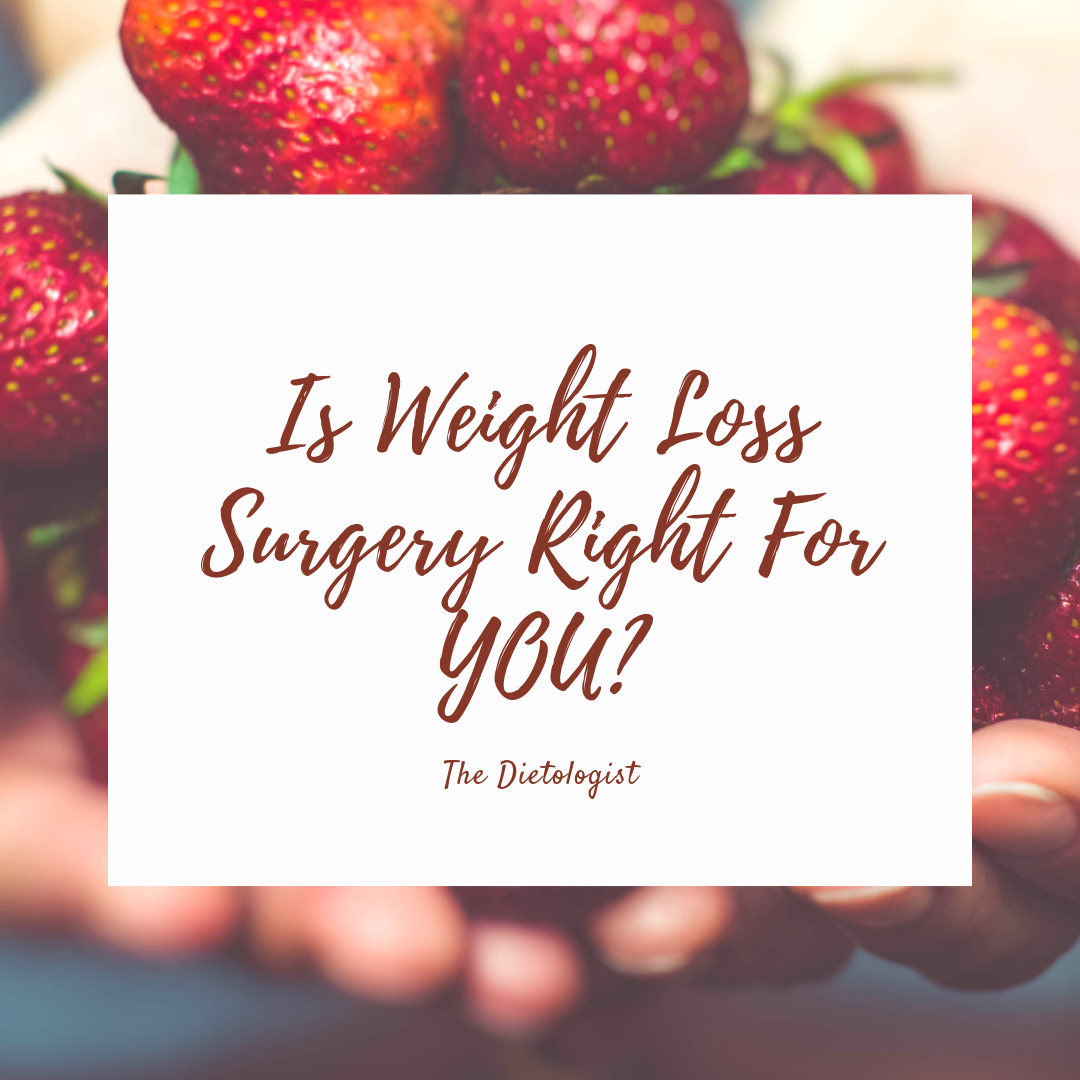WHAT IS BARIATRIC AFTERCARE AND RECOVERY?
When patients are considering weight loss surgery, it is often the procedures themselves that they spend the most time researching.
However, while any operation needs careful consideration and to be fully understood, it is equally as important to look into the healing process and aftercare needed once the surgery is over.

Recovery after weight loss surgery
Following weight loss surgery, you will usually be able to leave the hospital after a few days, and the physical recovery from surgery can take about 5 - 6 weeks. As with any surgery, there can be side effects and complications, and it is important that you consult your surgeon before and after the procedure with any concerns you may have. These can include:
- Acid reflux.
- Anesthesia-related risks.
- Chronic nausea and vomiting.
- Inability to eat certain foods.
- Infection.
- Obstruction of the stomach.
- Risk of ulcers
- Weight gain or failure to lose weight.
Supporting patients with a new eating pattern
It may take up to three months after surgery before you can go back to eating “regular” foods. Because your stomach will take some time to heal, it is important that you adjust slowly to your new eating habits. An aftercare specialist (Bariatric Dietitian) will be able to give lots of advice and guidance about your new diet - starting from 2 weeks of liquids only, progressing to pureed foods for a week, then soft foods for a week or two and then a progression to solid foods.
Approximately 2-3 months after your bariatric surgery (although this may differ according to each individual), it may be possible to start eating more “normally,” just in smaller portions. During this time you must also ensure that you take your vitamins and minerals and have regular blood work.
This can be a difficult and challenging process and an aftercare specialist (Bariatric Dietitian) will help with eating plans and ensuring that you are adjusting to your new eating patterns. This is where the support of a bariatric dietitian is crucial.
Emotional eating and support
Aftercare isn’t just about physical recovery and healing, it is about being able to change your mindset, adopting new healthy eating and exercise patterns and developing a more positive relationship with food, your self-esteem and body image. Physical procedures won’t stop the emotional eating habits and patterns that you may have developed over the years. Emotional support is paramount as many patients keep their weight loss surgery a secret, so having a good aftercare system is essential to your long term weight loss success. During the honeymoon period post surgery it may feel like you have everything under control, but it’s more than likely that the emotional hunger - when we use food to soothe a negative emotion ie. we use food to make ourselves feel better - may return. Poor aftercare and not having support about the lifelong physical and emotional changes can lead to weight regain. 50% of patients regain the weight they lose after bariatric surgery due to poor aftercare, don’t let that be you!
At The Dietologist I want to work with you to help change your eating habits and identify the triggers that cause your emotional eating, with an ultimate goal for you to discover food freedom! Want to know more about how I can support you in your weight loss journey after weight loss surgery and help change your eating habits, relationship with food and empower you to be the person you deserve to be?
Book in for a Discovery Call to find out more, or visit me on my social media platforms, my
Facebook Group,
instagram, and my
YouTube channel for helpful information, hints and tips and Q&A opportunities!
Big hugs
Van xx



